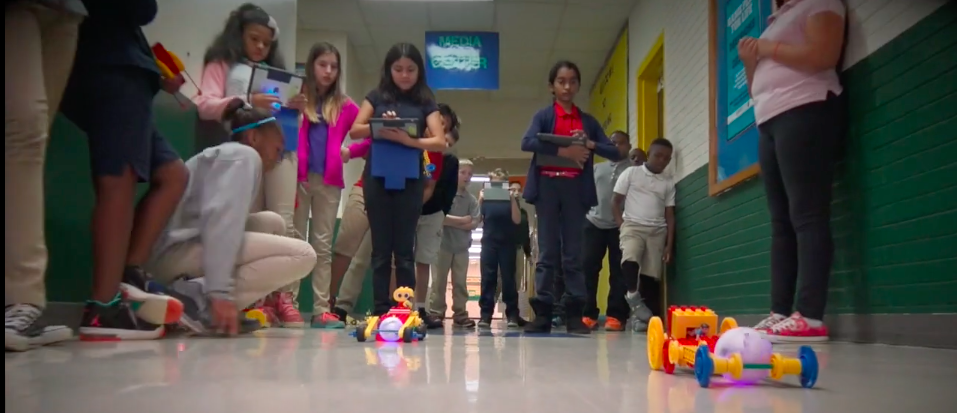Why K-12 Education Still Needs Federal Oversight

Educating American children has always been a responsibility that has fallen heavily on the states. As the public school system matured in the 20th century, however, it became increasingly apparent that states left to their own educational devices meant dangerous consequences for many children—especially students with disabilities and those living in poverty, for example. Historically, the federal government has always been the one to pick up the slack in K-12 education when states have fallen short.
In his piece for The Daily Beast, Jonah Edelman of Stand for Children warns that members of the newly-seated Congress have already voiced intentions to reduce accountability and transparency over states’ educational systems, while providing additional flexibility with federal funding.
Contrary to what some states-rights activists claim, states do not always act in the best interests of their residents, especially when it comes to education. Left to their own devices, states tend to enact discriminatory practices.
My home state of Mississippi is an example of state control gone awry. If its schools were wholly reliant on the state to outline learning benchmarks and divvy up funding (based on a state population with 24 percent in poverty and over 70 percent of its students eligible for free-and-reduced-price lunch), the inequalities would compound exponentially.
And those inequalities are already startling. For example, while 83 percent of high schools in New Hampshire offer calculus, only 41 percent of those in Mississippi do.
Mississippi has never quite been able to recover from its rampant poverty that began after the Civil War. Even when freedom was granted to slaves in the state and nearby, the African-American population was not able to elevate its quality of life due to the barriers erected by segregation and Jim Crow laws. Less-overt inequalities still exist that keep each new generation of African-American students in the state from breaking the cycle of poverty at home and underachievement in the classroom.
Edelman mentions issues like desegregation as wins for the federal government when states refused to do the right thing for all students. Without federal intervention, for instance, we wouldn’t have programs like the DREAM Act, which encourages continued education for students who might otherwise have been eligible for deportation. Instead, because of this federal program, they can contribute positively to their communities and to our country.
For one, federal guidance is needed to measure how much students are learning from one state to the next. Establishing a common high bar for academic performance that includes rigorous college-prep expectations can only be brought forth through federal involvement in schools.
It will be interesting to see what twists and turns the NCLB rewrites take and certainly no group will ever be completely satisfied. But the basic principle that guaranteeing every student in every state equal access to education is one worth fighting for.





